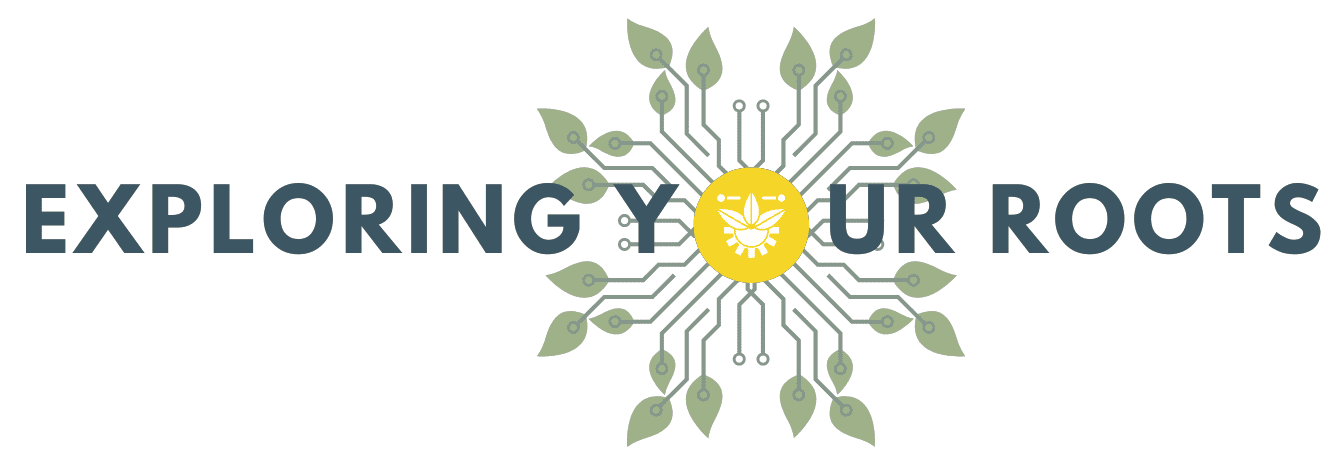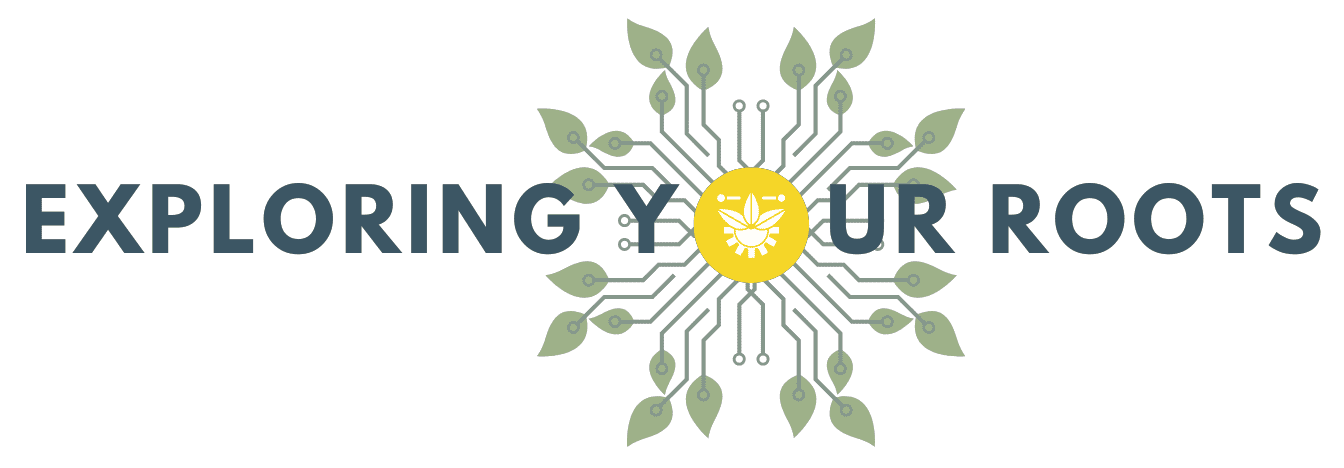In today’s world, we often look for quick fixes and instant solutions. Yet, our ancestors knew the power of self-reliance. This ancient wisdom remains essential for personal growth and empowerment. Let’s explore how self-reliance can transform our lives and set us on a path of independence and resilience.
Key Takeaways
- Discover the profound wisdom of self-reliance from our ancestors
- Understand the true meaning and importance of self-sufficiency
- Cultivate resilience, resourcefulness, and a self-determined mindset
- Explore the benefits of developing self-motivation and self-discipline
- Learn how to embrace autonomy and independence for personal growth
What Does It Mean to Be Self-Reliant?
Defining Self-Reliance
Self-reliance is more than a trendy concept. It’s about believing in your ability to solve problems, make choices, and be independent. It means trusting your own judgment and having the confidence to take charge of your life. Being self-reliant empowers you to embrace challenges, learn from failures, and chart your own path.
Why It Matters
In a fast-paced world, being self-reliant can make a big difference. It fosters a sense of control over your life and enhances your ability to overcome obstacles. When you trust in yourself, you cultivate a mindset that leads to lasting growth.
Historical Figures Who Embodied Self-Reliance
- Henry David Thoreau, an American thinker and writer, lived a simple life at Walden Pond. His stories taught us about the value of being independent and unique.
- Marie Curie, a groundbreaking scientist, faced many challenges and biases to become a leader in radioactivity research.
- Amelia Earhart, a trailblazing pilot, broke barriers and set records, including flying solo across the Atlantic as the first woman.
These figures show us that self-reliance is real and leads to growth and success. By looking at their lives, we learn how self-reliance can change us for the better.
“The greatest weapon against stress is our ability to choose one thought over another.” – William James
How Self-Reliance and Self-Sufficiency Work Together
Self-reliance and self-sufficiency are related concepts, but they emphasize different aspects of independence. As already discussed, self-reliance refers to the ability to trust in and depend on one’s own capabilities, judgment, and resources to meet personal needs and solve problems. It is more about developing confidence, inner strength, and adaptability to handle life’s challenges, even if external help is available.
On the other hand, self-sufficiency focuses on meeting one’s physical and material needs independently, often through practical skills like growing food, generating energy, or crafting necessities. While self-reliance is about the mindset and emotional resilience to be independent, self-sufficiency is about the tangible skills and resources needed to be less dependent on external systems. Together, these concepts form a holistic approach to personal empowerment, blending emotional and practical independence.
Practical Steps to Becoming Self-Reliant
The speed at which modern life moves makes cultivating a self-reliant mindset a crucial skill. It helps you handle life’s ups and downs. Learning to be resilient and resourceful lets you reach your full potential. This part talks about how to become more self-reliant.
Learn Essential Skills
Mastering practical skills builds your self-reliant mindset. Here are some areas to focus on:
- Home Maintenance: Basic plumbing, electrical repairs, and carpentry skills reduce dependency on professionals.
- Gardening: Grow your own food, even in small spaces, to become more self-sufficient.
- Emergency Preparedness: First-aid knowledge and having an emergency plan boost your confidence in crises.
- Sewing and Cooking: These skills make you resourceful and self-reliant in daily life.
- Outdoor Skills: Understanding navigation and wilderness survival can be invaluable.
By learning these practical skills, you build resilience and resourcefulness. This lets you face life’s challenges with confidence and self-assurance.
Need more resources? We’ve compiled some useful ways to learn these important life skills in our article Vintage Life Skills for Adults and How to Learn Them.
Building a Self-Reliant Mindset
Foster Resilience and Resourcefulness
Life’s challenges require a strong and adaptive mindset. Developing resilience helps you bounce back from setbacks, while resourcefulness allows you to creatively solve problems.
The Power of Self-Determination
Self-determination means setting your own goals and pursuing them with discipline and motivation. By building self-determination, we open the door to reaching our highest potential.
Self-motivation and self-discipline are at the core of self-determination. These qualities help us stay on track and push past hurdles. Self-motivation gives us the drive to keep going, no matter what. Self-discipline helps us stick to our goals and stay focused.
Self-determination is the foundation of being self-reliant. It gives us the confidence and strength to handle life’s ups and downs. By using self-motivation and self-discipline, we open the door to personal growth and achieving our dreams.
Need help in cultivating self-determination? Check out these 10 tips:
- Set Clear Goals: Define what you want to achieve and break it into small, actionable steps. Track your progress and celebrate each milestone.
- Develop Self-Discipline: Stick to routines and use time management techniques to stay productive. Hold yourself accountable by reviewing your daily accomplishments and areas for improvement.
- Build Confidence: Engage in positive self-talk and celebrate your progress. Reflect on your past successes and remind yourself of your strengths regularly.
- Stay Purpose-Driven: Align your actions with your values for lasting fulfillment. Journaling about your long-term aspirations and how they contribute to the greater good can help clarify your purpose.
- Embrace a Growth Mindset: View challenges as opportunities for learning. Focus on the process and improvement rather than perfection and seek constructive feedback.
- Practice Self-Reflection: Set aside time weekly to reflect on your actions, choices, and feelings. Journaling can be a powerful tool to assess whether your actions align with your goals and how to adjust your strategy for the future.
- Embrace Personal Responsibility: Take ownership of your choices and actions. Empower yourself by focusing on what you can control.
- Foster a Supportive Environment: Surround yourself with people who encourage and believe in your potential. Distance yourself from negativity that undermines your confidence.
- Develop Problem-Solving Skills: When challenges arise, approach them systematically. Identify the issue, brainstorm possible solutions, evaluate the options, and implement a plan. Reflect on the outcome to learn and refine your approach.
- Engage in Self-Care: Prioritize activities that rejuvenate and energize you, such as exercise, proper nutrition, and adequate sleep. Make time for hobbies and relaxation to recharge your mind, helping you stay motivated and determined.
These habits empower you to live intentionally and remain focused on your self-reliant journey.
“The secret of getting ahead is getting started. The secret of getting started is breaking your complex overwhelming tasks into small manageable tasks, and then starting on the first one.” – Mark Twain
Lessons from Ancestral Wisdom
Traditional Practices of Self-Reliance
Our ancestors were masters of self-sufficiency, and their skills still hold value today:
- Foraging and Wild Food Harvesting: Learning to identify and use natural resources.
- Tool-Making: Crafting essential items using primitive techniques.
- Natural Building: Constructing shelters using sustainable materials.
- Water Purification: Understanding age-old methods of sourcing and storing clean water.
By revisiting these traditions, we gain insights into sustainable living and practical ways to become more self-reliant. Our ancestors’ lessons are not just old stories. They light the way to a more resilient and resourceful way to build confidence in facing modern challenges.
Embracing Autonomy and Independence
The Importance of Autonomy
Autonomy gives you the freedom to make decisions aligned with your values. It’s about living authentically and taking responsibility for your choices. This independence is foundational to becoming self-reliant.
Living Independently
Independence means using your strengths and resources to solve problems. By relying on yourself, you build the confidence needed to face life’s uncertainties. Embracing this freedom boosts your resilience and self-assurance.
“The highest manifestation of life consists in this: that a being governs its own actions. A thing which is always subject to the direction of another is somewhat of a dead thing.” – Henry David Thoreau
Final Thoughts: The Rewards of a Self-Reliant Life
Living a self-reliant life can profoundly transform your world. It encourages growth, resilience, and independence. As you learn to trust your abilities and cultivate self-sufficiency, you unlock new opportunities for personal development.
Draw inspiration from your ancestors and embrace self-reliance in your daily life. Start small, stay motivated, and enjoy the journey toward a more empowered, self-determined future.
Ready to begin your self-reliant journey? Explore our tips and resources to grow your skills and mindset!
Best Old-Fashioned Life Skills for Adults to Learn Now
Vintage Life Skills for Adults and How to Learn Them
5 Daily Challenges for Better Wellness Inspired By Your Ancestors
Nature Therapy: 10 Ancestor-Inspired Ways to Recharge Your Energy
FAQ
What is the meaning of self-reliance?
Self-reliance means you count on your own skills and choices. It’s about being independent and responsible for yourself.
Who are some historical figures that embodied self-reliance?
Famous figures like Henry David Thoreau, Ralph Waldo Emerson, Harriet Tubman, and Benjamin Franklin were self-reliant. They valued being in charge of their lives and being resourceful.
Why is self-sufficiency important for achieving true independence?
Being self-sufficient is key to real independence. It means you can take care of yourself and don’t need to rely on others. This makes you stronger and more in control of your life.
What are some practical skills that can help foster self-reliance?
Skills like cooking, fixing things around the house, gardening, managing money, and getting ready for emergencies are helpful. These skills make you more resourceful and good at solving problems.
How can self-determination and self-discipline support a self-reliant lifestyle?
Self-determination and self-discipline help you be more self-reliant. They keep you motivated and focused on your goals. This way, you can handle challenges better and achieve your dreams.
What are the key benefits of developing a self-reliant mindset?
Being self-reliant brings many advantages. You gain more control over your life, get better at solving problems, and feel more resilient. It also makes you feel proud of your growth and accomplishments.
How can learning from ancestral wisdom support modern self-reliance?
Learning from our ancestors can teach us a lot about being self-sufficient today. Their ways of living and surviving can inspire us to be more resourceful and resilient in our own lives.
Why is it important to embrace autonomy and independence as part of self-reliance?
Being in charge of your life is key to self-reliance. Making choices that reflect your values and goals helps you grow and reach your full potential.




